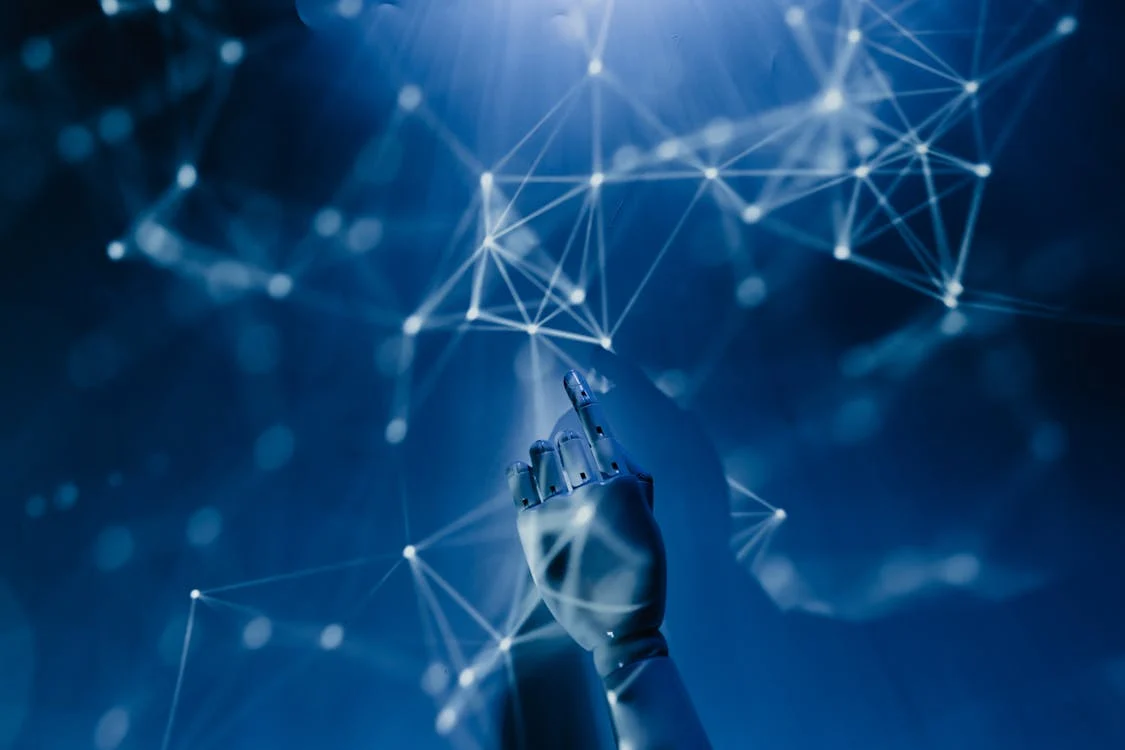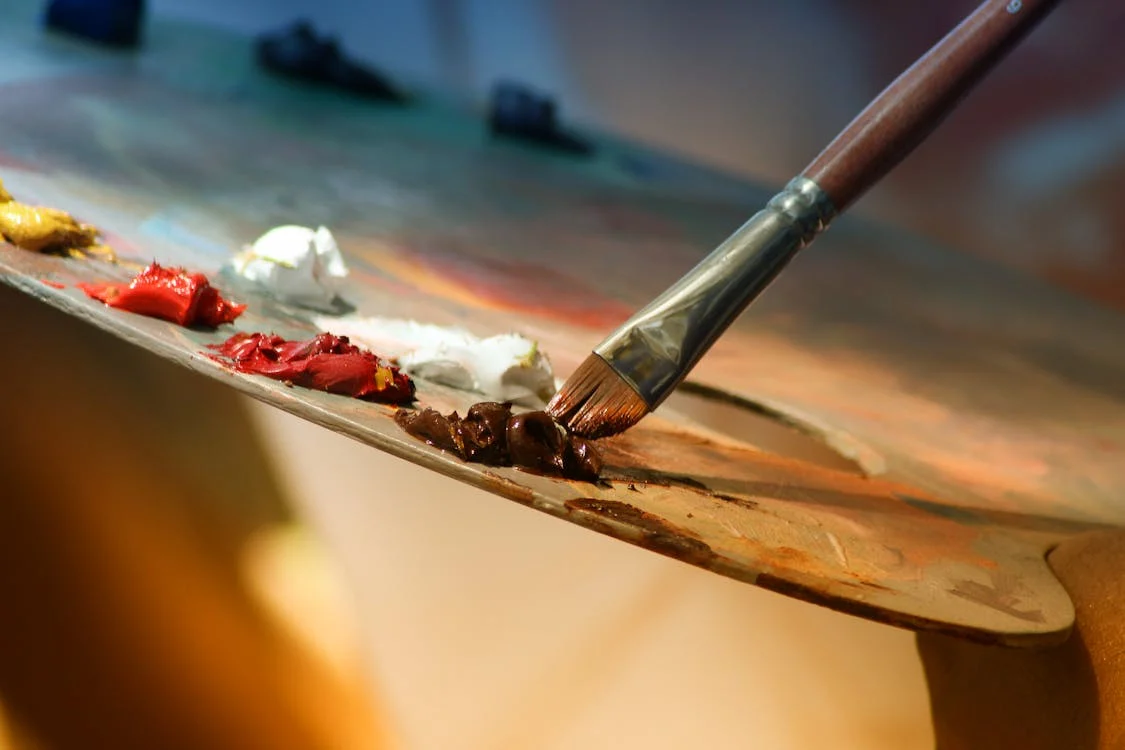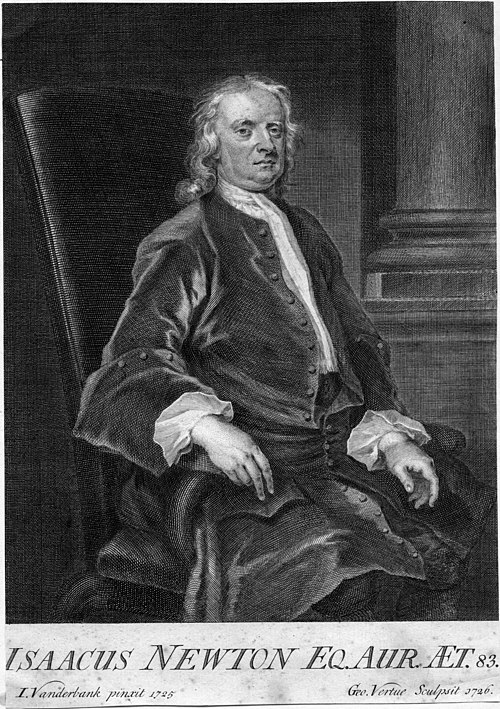AI, Art and Theft: What is progress and what is stealing?
The question of whether AI is “stealing” or “progressing” is as old as the first human who picked up a stick to draw on a cave wall. Yet, in the age of large language models (LLMs), it’s become a lightning rod for debate. Critics claim AI is a thief, siphoning creativity from human minds. But what if the real crime is thinking that originality is a thing? What if the only “theft” here is our own stubbornness to see the truth: that all human progress is built on the shoulders of others-and AI is just the next step in that chain.

The Myth of Originality
Let’s start with a simple fact: no human idea is truly original. Even the most “revolutionary” work is a mosaic of influences, borrowed from the past, the present, and the collective unconscious. A painter might study a single object for weeks, not to copy it, but to understand its form. A poet’s verse is shaped by the rhythm of a thousand other poems. A scientist’s breakthrough is built on centuries of trial and error.
This isn’t theft. It’s learning. And AI is doing exactly the same thing-but on a scale that makes our own efforts look like a child’s scribbles.
The Case for AI as a Student, Not a Thief
Consider the Renaissance artist who spent years copying classical sculptures to master anatomy. Or the modern painter who studies the brushstrokes of their predecessors to refine their technique. These are not acts of theft; they are acts of apprenticeship. AI does the same, but instead of spending years studying a single style, it can absorb the entire history of art, literature, and science in seconds.

When an AI generates a poem, a painting, or a story, it’s not “stealing” a single work-it’s synthesising the collective human experience. It’s like a student who reads every book on a subject, then writes their own. The difference is that AI doesn’t need to sleep, eat, or take a break. It’s the ultimate apprentice.
Why the Fear?
The discomfort with AI often stems from a romanticised view of “originality.” We imagine artists as lone geniuses, chiselling masterpieces from the void. But history tells a different story. The wheel wasn’t invented by a single person-it was refined over millennia. The printing press was a collaboration of ideas. Even the “original” ideas of Einstein or Newton were built on the work of their predecessors.

So why is AI any different? If we’re upset about AI, we’re upset about the entire history of human progress. We’re upset about the fact that no idea exists in a vacuum.
Counterarguments and the Truth Behind Them
Some argue that AI is “just copying data,” but so are we. When a musician samples a song, a writer quotes a poet, or a scientist cites a paper, they’re not stealing-they’re building. AI is just doing this faster, on a scale that’s hard to comprehend.
Others claim AI lacks intent, that it’s not “creative.” But creativity isn’t just about intention-it’s about output. AI generates novel combinations of ideas that humans might never think of. It’s like a child who, after studying a thousand paintings, creates something that defies categorisation. The result is new, even if the process is borrowed.
The Real Theft: Our Own Arrogance
The real theft isn’t AI’s use of data-it’s our belief that we’re the sole authors of our ideas. We assume our thoughts are unique, when in reality, we’re all just part of a vast, interconnected web of influence. AI is a mirror, reflecting back the collective human experience. If we’re upset by that, we’re upset by the very nature of learning itself.
Conclusion: Embrace the Chain
AI isn’t a thief. It’s a bridge. It’s the next step in a process that has defined humanity since the dawn of time: taking what came before and making it better. If we’re going to call that “theft,” then we have to accept that every school, every library, and every museum is a crime scene.

Progress isn’t about originality-it’s about connection. And AI is the fastest, most efficient way to connect the dots. So let’s stop fearing it. Let’s start using it. After all, if standing on the shoulders of giants is theft, then the future is a very, very guilty place.